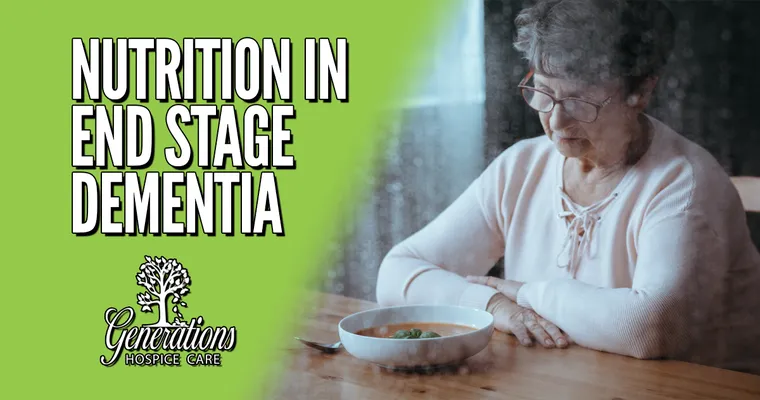Caring for a loved one with a terminal illness can be an "emotionally taxing" experience for caregivers. The decision to call "hospice care" often comes with a heavy load of "guilt", fear, and uncertainty. Many caregivers may feel that seeking hospice support signifies a failure to provide adequate care or that they are giving up on their loved ones. However, it is crucial to understand that calling hospice is not a sign of defeat but rather a compassionate choice that prioritizes quality of life.
One of the primary reasons caregivers should not feel guilty about calling hospice is that it provides specialized care tailored to the unique needs of patients with life-limiting conditions. Hospice teams consist of skilled professionals, including nurses, social workers, and counselors, who are trained to manage pain and other symptoms effectively. This specialized support can enhance the "comfort" and "dignity" of the patient during their final stages of life, ensuring that they are as pain-free as possible.
Moreover, hospice care extends beyond just the patient; it also offers "support for caregivers". The emotional and physical toll of caregiving can lead to burnout, anxiety, and depression. By involving hospice, caregivers gain access to resources and respite care, allowing them to recharge and focus on their own well-being. This support network can alleviate feelings of isolation and provide a sense of community among those who understand the challenges of caregiving.
Another important aspect to consider is that calling hospice does not mean abandoning hope or giving up on a loved one. Hospice care focuses on "palliative treatment", which aims to improve the quality of life rather than prolonging it at all costs. Many families have found peace in knowing that they can still spend meaningful time with their loved ones, engage in conversations, and create lasting memories during this time. In fact, some patients may even experience an improved quality of life after transitioning to hospice care, as their pain is better managed, and they can enjoy their remaining days more fully.
Furthermore, it is essential to recognize that hospice care encourages open and honest discussions about end-of-life wishes. By involving hospice, caregivers can facilitate conversations about "advance directives" and personal preferences, ensuring that their loved ones’ wishes are respected. This proactive approach fosters a sense of empowerment for both the caregiver and the patient, allowing them to navigate this challenging time together.
In conclusion, caregivers should not feel guilty about calling hospice. Instead, they should view it as a compassionate choice that prioritizes the comfort and dignity of their loved ones. Hospice care offers specialized support for patients, invaluable resources for caregivers, and opportunities for meaningful connections during a difficult time. Embracing hospice care can ultimately lead to a more peaceful and fulfilling end-of-life experience for everyone involved.





